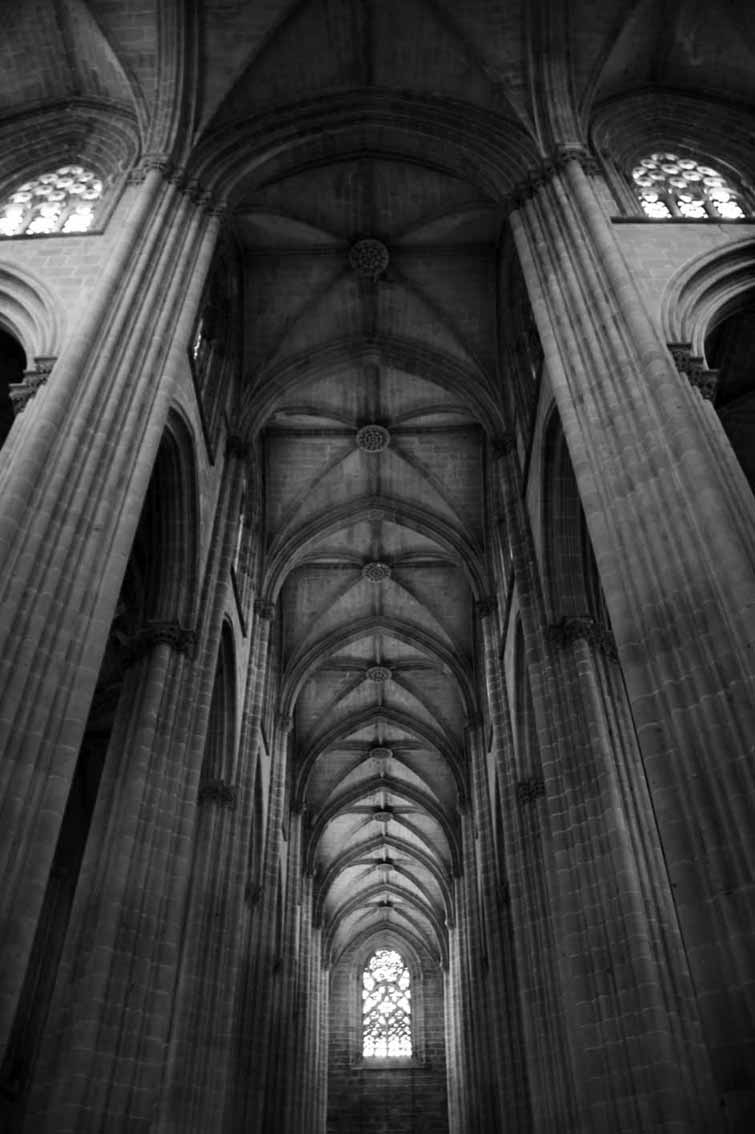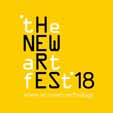|
Metanoia, a word that appeared
from the Greek expressions meta and nous, could be freely translated
as "beyond thought". It means "changing your mind",
in the sense of changing an old habit of thinking.
Christianity adopted the word as an indication of "repentance"
and consequent awareness or, in other words, a change of mind.
For the first time in the history of planet Earth there is no
longer a single place in the world without human presence.
When they were not reaction to an attack, the wars, in the form
of bellum or werra, always had as their goal to conquer territory
and enslave people. This is no longer possible, because enslavement
has been turned into market. In fact, it is no longer imaginable
the invasion of a country and the enslavement of its people in
the old sense.
War became brutal devastation, which affects the planet as a
whole.
When we study the history of World War I, which took place between
1914 and 1918, we see clearly that its roots lie in the deepest
human stupidity. One of the signs of this stupidity, clearly
stamped on the pages of history, was the lack and even the refusal
to communicate! To not listen to the other, to not recognize
History, to not love philosophy and art. It's truly awesome!
That terrible and devastating war was the origin of World War
II, which took place between 1939 and 1945. Together they meant
the death of more than eighty million people.
The 1385 Monastery of Batalha, classified as a World Heritage
Site by Unesco, is one of the most magnificent examples of flaming
Gothic architecture and was built to celebrate peace, the end
of a terrible war, a milestone for a change of thought.
Metanoia was composed over several months. It is a kind of electronic
opera, in three movements.
The first movement was elaborated from an image of the deepest
Universe, carried out by NASA's Hubble Space Telescope in 2004
- the Hubble Ultra Deep Field. This is the most distant image
we have of the Universe, when the galaxies began to form. This
first musical movement is a cello solo dedicated to Audrey Riley,
great cellist and dear friend.
The second movement is divided into two major parallel sectors:
music and films. There are seven films, elaborated with images
of the history of art, with the faces of great characters from
my photographic project Souls, started in 1972, and with some
references to the first times of the cinema. Each of these elements
is a face of what we commonly call "civilization".
The word "peace" throws its ancient etymological roots
into the Indo-European expression - a prehistoric linguistic
set disappeared some twenty thousand years ago - *pag, which
indicated the idea of "to unite", from which the word
"pact" also appeared.
In war there is no art, poetry or philosophy. War, in any of
its forms, is the nonhuman par excellence.
These seven films include fragments of the poems by Fernando
Pessoa, from 1918, the end of the First World War, to 1930, shortly
before his death. But his poetic texts are read silently by each
person, like the text of an opera for interior voices.
The music of this second movement is fundamentally electronic
- but with subliminal references, in the logical structuring
of sounds, to Claudio Monteverdi, Joseph Haydn, Wolfgang Amadeus
Mozart, Piotr Ilitch Tchaikovsky, Richard Wagner, Gustav Mahler
and Béla Bartók.
We are what we know - and what we know does not belong to us.
Thus, while the first movement takes place in the fabulous central
nave of the Monastery; the second is a journey through human
history in the fabulous Royal Cloister, as a sort of labyrinth
of mirrors whose wholeness can never be achieved.
Audience walks and investigates the place, becoming, each person,
into a personage of the opera, living a scenario in continuous
metamorphosis, like life.
Finally, the third movement is elaborated on a piece by Maurice
Ravel and is dedicated to the soprano Laetitia Grimaldi, a great
lyric singer and also dear friend. Here, Ravel's work is "exploded"
and reorganized by means of Artificial Intelligence tools, becoming
a paratatic system, that is, organized by coordination.
A deep sing, a dream.
The text of the third movement consists of the phonemes that
form the word "peace" in thirty-five languages. These
phonemes are distributed with the use of stochastic tools.
Metanoia is an invitation to a journey, to a deep dive into a
reflection of each one of us.
Metanoia is also associated to
The New Art Fest 2018 in Lisbon, art movement created by Antonio
Cerveira Pinto.
This electronic opera, part of
the celebrations of the end of World War I, also happens simultaneously
in the Streaming Museum of New York, created by Nina Colosi in
2008, reaching millions of people on seven continents in public
spaces, at cultural and commercial centers and also on the Internet.
At the end of the concert / electronic opera, as a reference
to the old prehistoric word *pag, bread, cheese, wine and olive
oil will be served. We will also have the free distribution of
a historical poster about the electronic opera.
.................................................................................................................................................................................................................................................
| |

photo: Emanuel Dimas de Melo Pimenta, 2017
|




